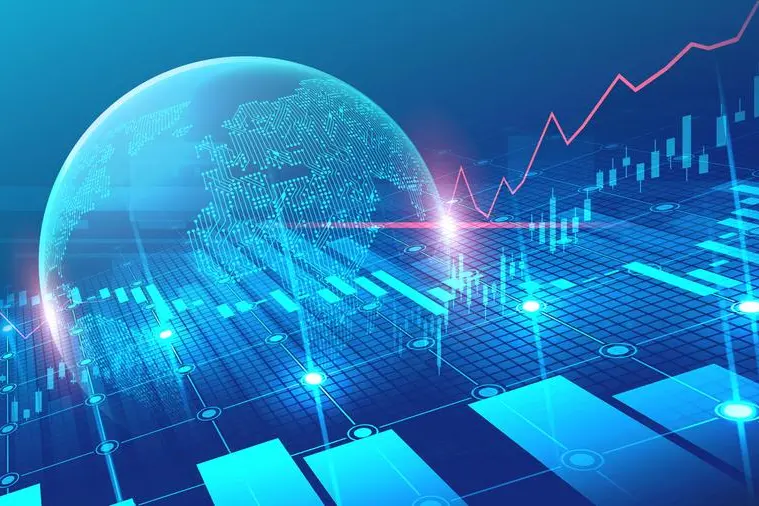PHOTO
The global gender gap score for 146 countries is 68.5%; compared to last year, the gender gap has been closed only by +.1 percentage points. Despite the efforts, the lack of widespread change has slowed the progress towards gender parity. If we progress at this rate, it will take the world 134 years to reach full gender parity, which roughly equals five generations.
Though the increase is only +.01 percentage points compared to last year, 97% of the 146 countries in the Global Gender Gap Index have closed more than 60% of their gender gaps. Iceland is the only country that has closed 90% of its gender gap. While Iceland tops the list of the top 10 countries, seven spots are taken by European economies in addition to Iceland. Eight top 10 countries have closed over 80% of their gender gap. The Global Gender Gap Index measures gender parity across four dimensions: Economic Participation and Opportunity, Educational Attainment, Health and Survival, and Political Empowerment. Among the 146 countries analysed, the Health and Survival gender gap closed by 96%, the Education Attainment gap closed by 94.9%, the Economic Participation and Opportunity gap closed by 60.5%, and Political Empowerment by 22.5%.
The parity in labour force participation stands at 66.7%. Though women's participation in the workforce is increasing globally, parity advances vary differently across sectors. Women's participation in leadership roles remains low across every industry and economy. Women account for 42% of the global market and represent 31.7% of senior leadership roles.
LinkedIn data shows that women's hiring into leadership had begun to deteriorate from 37.5% to 36.4%. In 2024, 60 national elections represented the most significant global population that voted in many major economies. Gender parity in parliamentary representation reached a record high of 33.3% in 2024 and improved over time. LinkedIn data also reflects that men have more extensive and vigorous networks than women. Stronger networks are indicative of accessibility to more opportunities and outreach.
16 Gender1
According to the World Economic Forum (WEF), women's participation in science, technology, engineering and mathematics (STEM) and non-STEM has increased. Yet, women remain underrepresented in STEM roles, comprising only 28.2% of STEM compared to 47.3% in non-stem sectors, as AI is increasingly used in businesses. Data shows that female talent in AI has doubled since 2016 — gender parity in the AI industry, education, professional services, manufacturing, technology and media have increased. According to Coursera, gender parity is the highest in collaboration and leadership skills, teaching and mentoring, empathy and active listening, leadership and social influence. Still, it is lower in AI and big data.
As men and women enter the workforce after graduation, their skill sets are still shaped and valued differently.
In conclusion, the scale and speed of progress are deeply insufficient to reach gender parity by 2030. The global community must recognise and accept that gender parity is difficult. All stakeholders, governments, businesses, academia and civic societies — must collectively participate and collaborate for broader engagement and strive to bring incremental change to accelerate progress towards gender equality in all sectors worldwide.
Striving for gender parity has longer-lasting implications in a highly competitive and dynamic business environment and is a cogent thought that must be ingrained in every human mind. The world must raise the required resources and adopt economic policies to bridge the gender gap. It is only possible when there is a fundamental change in mindset to recognise gender parity as a driver of high-quality growth.
The world must elevate to a condition of equitable and sustainable development, where we can make 50/50 a reality in the new paradigm of thinking. Gender equality leads to stronger, more resilient economies by promoting economic growth and labour productivity. It would be a sustainable and crucial step in working towards a society that considers an individual based on merit, not gender.
2022 © All right reserved for Oman Establishment for Press, Publication and Advertising (OEPPA) Provided by SyndiGate Media Inc. (Syndigate.info).





















